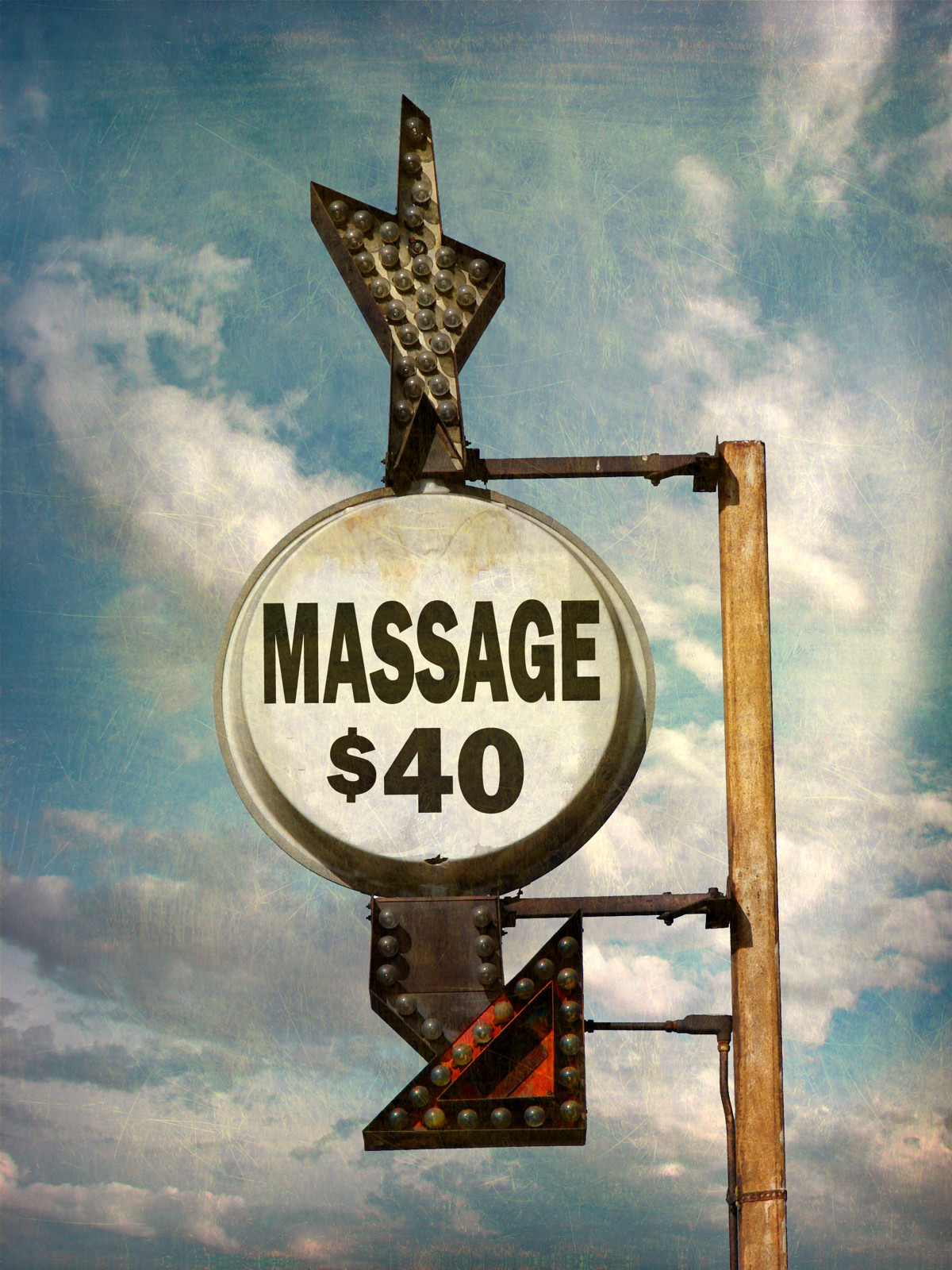This article was originally published by Deseret News.
Someone looking to comparison shop for commercial sex at one of Utah’s 50 or so illicit massage parlors can visit an online review board and get graphic descriptions of experiences with individual women in these locations.
Meanwhile, the privacy of the people who actually own the businesses where these acts take place is scrupulously protected nationwide by U.S. law. There is a very real and tragic cost to this irony. Research shows the majority of these women are likely victims of human trafficking. Corporate secrecy makes prosecuting the traffickers and helping the women find freedom extremely difficult.
Utah is by no means unique. My organization, Polaris, recently undertook a massive research project to find and map the nation’s 9,000 illicit massage businesses that are currently open for business, which comprise a $2.5 billion a year criminal industry hiding in plain sight in every state in the country.
Continue reading: the full op-ed can be found here.
—
Bradley Myles is the CEO of Polaris, one the nation’s largest anti-human trafficking organizations, which works to disrupt and prevent sex and labor trafficking and operates the National Human Trafficking Hotline.
This article was originally published by Deseret News.

